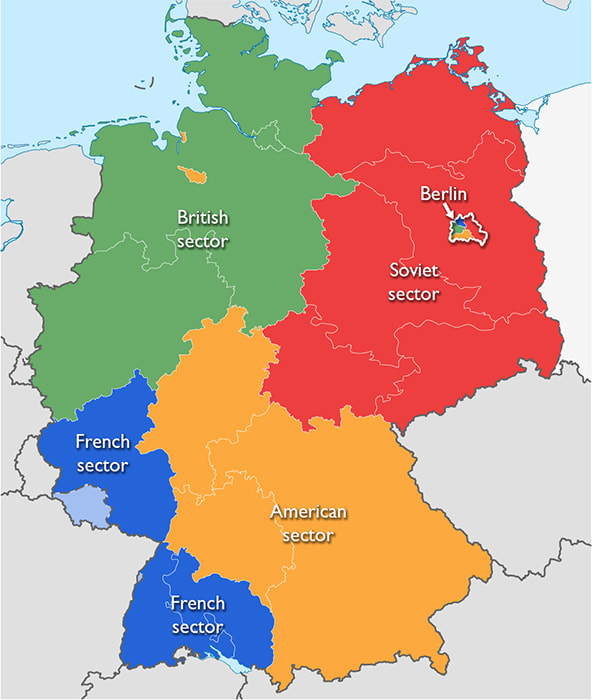- Home
- Feb.27, 2024
- Nov.21, 2023
- Oct.31, 2023
- Oct.19, 2023
- Sept.21, 2023
- Sept.14, 2023
- - Krasno Analysis -
- April 20, 2023
- Feb.28, 2023
- March 23, 2023
- Jan.25, 2023
- Nov.15, 2022
- Nov.11, 2022
- Nov.9, 2022
- Program FALL 2022
- Oct. 13, 2022
- Oct. 6, 2022
- Sept. 13, 2022
- Sept. 12, 2022
- Sept. 1, 2022
- Aug.31, 2022
- June 9, 2022
- April 19, 2022
- Jan.27, 2022
- Nov. 18, 2021
- Nov. 11, 2021
- Oct.28, 2021
- Oct. 4, 2021
- Sept.2, 2021
- May 4, 2021
- April 15, 2021
- March 24, 2021
- March 9, 2021
- Feb.17, 2021
- Feb.3, 2021
- Jan.14, 2021
- Krasno Analysis
- Nov. 18, 2020
- Nov. 12, 2020
- BOOKS
- Nov. 4, 2020
- Oct. 28, 2020
- Oct. 14, 2020
- Oct. 1, 2020
- Sept. 23, 2020
- Sept. 8, 2020
- VIDEOS
- JOINING US
- DONATIONS
- April 23
- April 9
- Feb.25
- Feb.12
- Jan.30
- Jan.16
- Program Fall 2018
- Program Spring 2019
- PREVIOUS KRASNO EVENTS
- PHOTOS - GENERAL DEMPSEY event
- PHOTOS - AMBASSADOR MATLOCK event
- PHOTOS - Dr DIETER DETTKE event
- PHOTOS - Prof. A.G. HOPKINS event
- PHOTOS - JOERN BEISSNER event
- PHOTOS - BRUCE JENTLESON event
- - BOOKS to READ -
Krasno Events Series @ UNC-Chapel Hill
THIS Thursday coming
JOSHUA RUBENSTEIN
Joshua Rubenstein is a longtime Associate of Harvard's Davis Center fo rRussia and Eurasian Studies and Associate Director for Major Gifts at Harvard Law School. He was an organizer and Northeast Regional Director of. Amnesty International, USA, for 37 years.
He has written about Soviet dissent and the Holocaust in German-occupied Soviet territory. His book Stalin's Secret Progrom: The Postwar Inquisition of the Jewish Anti-Fascit Committee received a National Jewish Book Award. His concise, interpretive biography of Leon Trotsky is part of the prestiguous Jewish Lives Series of Yale University Press. The Last Days of Stalin (Yale UP) is his tenth book. It has been translated into eight different languages.
The Last Days of Stalin take us back to the second half of 1952 when no one could foresee an end to Joseph Stalin’s murderous regime. He was poised to challenge the newly elected U.S. President Dwight Eisenhower with armed force, and was also broadening a vicious campaign against Soviet Jews. Stalin’s sudden collapse and death in March 1953 was as dramatic and mysterious as his life. It is no overstatement to say that his passing marked a major turning point in the twentieth century. As Joshua Rubenstein writes in his introduction, “Stalin’s death gave the Kremlin and the West the chance to escape the grim reality of his nightmarish imagination, a challenge they failed to accomplish. That failure haunted the world for decades to follow.”
HOPE M HARRISON
Dr. Hope M. Harrison Hope M. Harrison published a prize-winning book in 2003 on the East German and Soviet decision to build the Berlin Wall: Driving the Soviets up the Wall (Princeton University Press). An expanded and updated version of the book (Ulbrichts Mauer) was published in Germany in 2011 to glowing reviews.
Co-founder and co-director of GW's Cold War Group, she is fluent in German and Russian and has worked extensively in archives in Moscow and Berlin.
Her latest book to be published in October/November by Cambridge University Press examines the Berlin Wall as a contested site of memory in Germany from 1989-2019. After the Wall: Memory and the Making of the New Germany, 1989 to the Present.
Hope has also published a variety of articles on the Cold War, Germany and Russia and has been invited to speak in the US, Europe, and Asia.
Prof. Harrison has directed the Elliott School’s Institute for European, Russian and Eurasian Studies (2005-2009) and the Program on Conducting Archival Research (2001-2011). She served as the Associate Dean for Research of the Elliott School from fall 2015- winter 2016. She is a member of the Council on Foreign Relations, the American Council on Germany, and the American Institute for Contemporary Germany Studies. In Berlin, she is a member of the Atlantik-Brücke and the Berlin Wall Memorial Association and serves on the boards of the Allied Museum, the Cold War Center, and the Foundation for German-American Academic Relations. Dr. Harrison has appeared as an expert on Cold War History, Russia and Germany on CNN, C-SPAN, the History Channel, the Science Channel, the BBC, Deutschlandradio (Germany), CCTV (China), Voice of America (Russia), and elsewhere.
She has received fellowships from Fulbright, the American Academy in Berlin, the Norwegian Nobel Institute, the Wilson Center, the Davis Center at Harvard University, the Center for Science and International Affairs at Harvard University, the Institute for Contemporary History in Potsdam, Germany, and the Council on Foreign Relations.
From 2000-2001, Professor Harrison served at the National Security Council as Director of European and Eurasian Affairs at the White House under presidents Bill Clinton and George W. Bush. Among the issues she focused on were the peace process between Armenia and Azerbaijan over Nagorno-Karabakh (for which Dr. Harrison served as the White House representative), the reconciliation process between Turkey and Armenia, and Georgian ties with the U.S. and Russia.
for Prof. Klaus Larres' bio, please see:
http://www.klauslarres.org/profile.html
Proudly powered by Weebly
- Home
- Feb.27, 2024
- Nov.21, 2023
- Oct.31, 2023
- Oct.19, 2023
- Sept.21, 2023
- Sept.14, 2023
- - Krasno Analysis -
- April 20, 2023
- Feb.28, 2023
- March 23, 2023
- Jan.25, 2023
- Nov.15, 2022
- Nov.11, 2022
- Nov.9, 2022
- Program FALL 2022
- Oct. 13, 2022
- Oct. 6, 2022
- Sept. 13, 2022
- Sept. 12, 2022
- Sept. 1, 2022
- Aug.31, 2022
- June 9, 2022
- April 19, 2022
- Jan.27, 2022
- Nov. 18, 2021
- Nov. 11, 2021
- Oct.28, 2021
- Oct. 4, 2021
- Sept.2, 2021
- May 4, 2021
- April 15, 2021
- March 24, 2021
- March 9, 2021
- Feb.17, 2021
- Feb.3, 2021
- Jan.14, 2021
- Krasno Analysis
- Nov. 18, 2020
- Nov. 12, 2020
- BOOKS
- Nov. 4, 2020
- Oct. 28, 2020
- Oct. 14, 2020
- Oct. 1, 2020
- Sept. 23, 2020
- Sept. 8, 2020
- VIDEOS
- JOINING US
- DONATIONS
- April 23
- April 9
- Feb.25
- Feb.12
- Jan.30
- Jan.16
- Program Fall 2018
- Program Spring 2019
- PREVIOUS KRASNO EVENTS
- PHOTOS - GENERAL DEMPSEY event
- PHOTOS - AMBASSADOR MATLOCK event
- PHOTOS - Dr DIETER DETTKE event
- PHOTOS - Prof. A.G. HOPKINS event
- PHOTOS - JOERN BEISSNER event
- PHOTOS - BRUCE JENTLESON event
- - BOOKS to READ -





